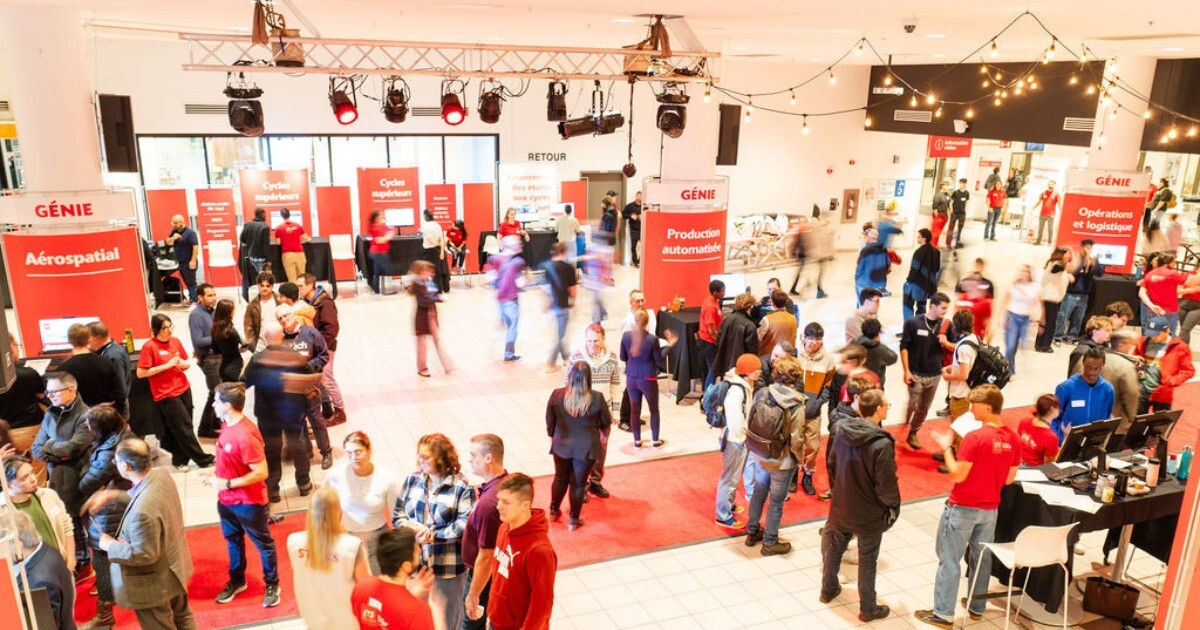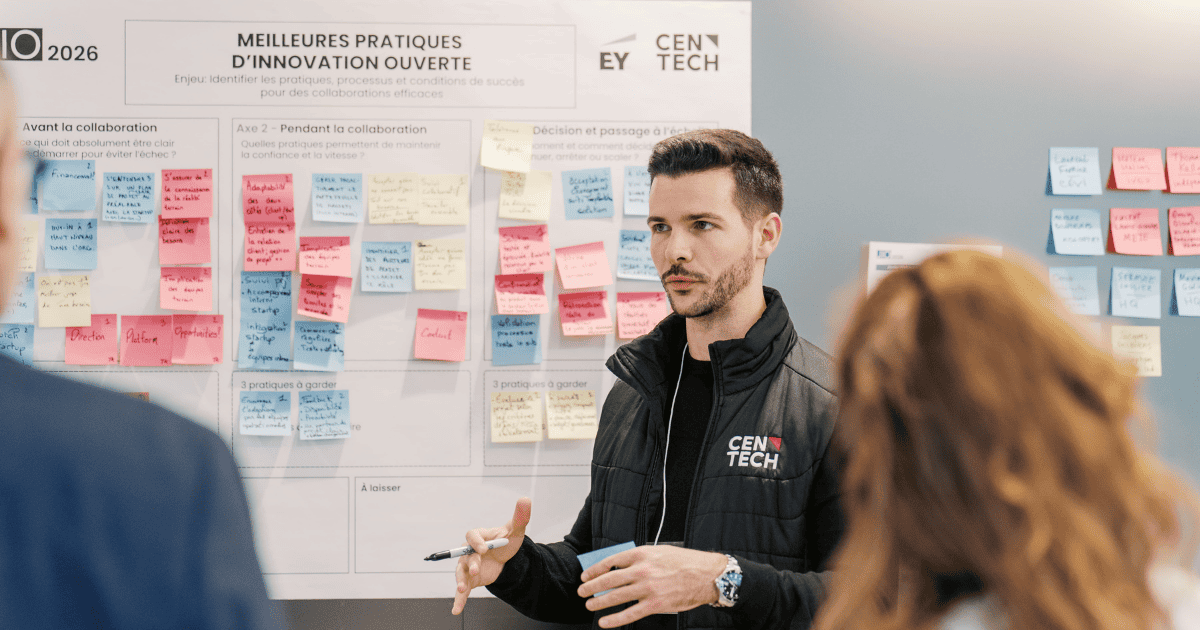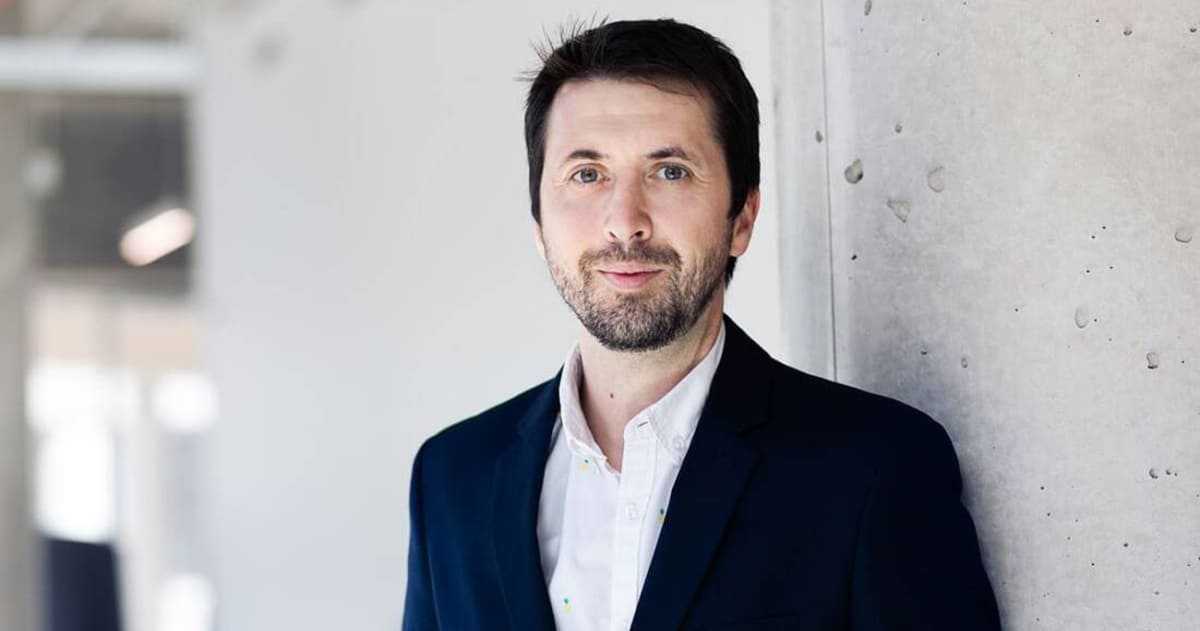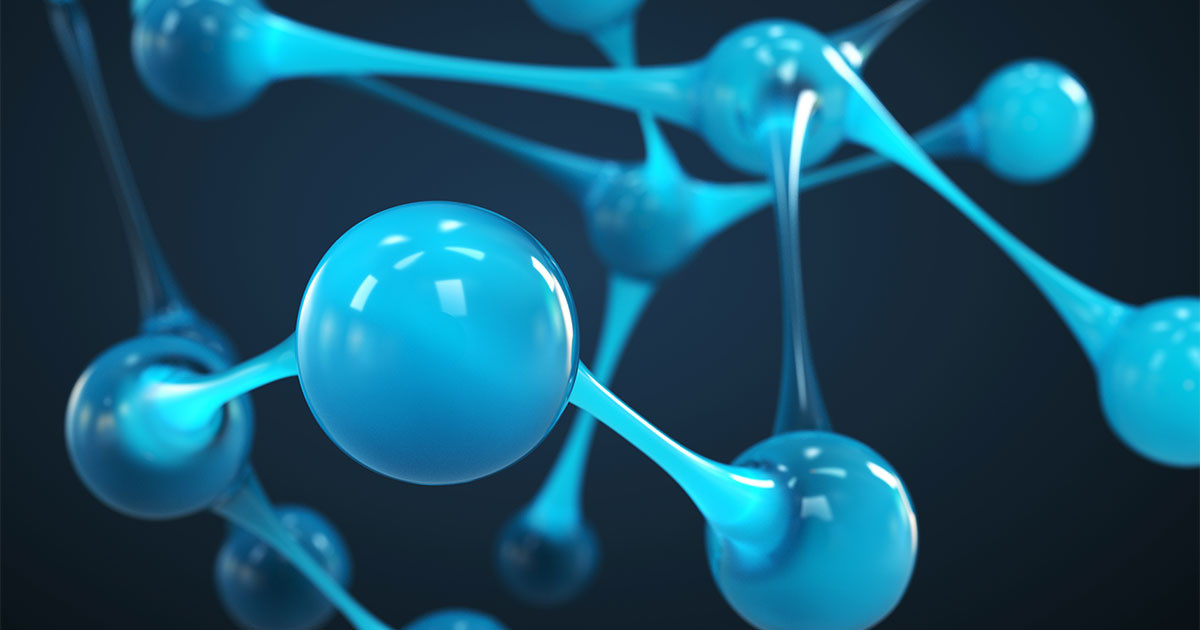
What’s a chemist doing in mechanical engineering? Annelise Jean-Fulcrand admits she has hardly ever touched an engine in her life, but she understands the issues involved in the deterioration of a mechanical component.
Chemistry professor in the General Education Department at ÉTS, Annelise Jean-Fulcrand specializes in the study of polymer degradation. This molecule is found in textiles, packaging, automobiles, plumbing, electronics, aerospace, and a multitude of other products. “The more effective a polymer is, the more difficult it is to handle,” Jean-Fulcrand points out.
Discovering a Molecule During an Internship at Michelin
After high school, Annelise enrolled at the Montpellier University Institute of Technology in France to study chemistry. Fascinated by Formula 1, she chose Michelin for her end-of-studies internship in order to gain a better understanding of tire technology. There, Annelise discovered the molecule that would shape her career: polymer. “I liked its versatility, because it can be synthesized and modified to suit different applications,” she says. The young student then enrolled in a bachelor’s degree in materials chemistry at Heriot-Watt University in Edinburgh, UK, to complete her undergraduate studies. Comfortable in the English system, she began a master’s degree in energy in Edinburgh and graduated in 2010.
Annelise began her career as a researcher for companies specializing in polymer coatings and battery manufacturing. After a few years, she decided to pursue graduate studies in mechanical engineering at Imperial College London in the UK. She earned her PhD in 2019 and then completed a postdoctoral fellowship in Germany, where she led a team specializing in polymer materials for batteries.
Is Electric Flight Possible?
The researcher is collaborating on several projects to electrify aviation. “In thirty years, the use of composite materials in aircraft construction has increased from 5% to 50% of the structural weight,” she explains. While using polymers makes aircraft lighter, battery weight and range remain significant challenges. Battery safety is another major concern. “Throw a ball of lithium metal into water and you’ll cause fireworks,” says the chemist. Lithium reacts very strongly to moisture.
Despite advances made in the field of electrification, “Expectations for batteries far exceed current technological capabilities,” she notes.
While research motivates Annelise Jean-Fulcrand, teaching allows her to further her intellectual curiosity.
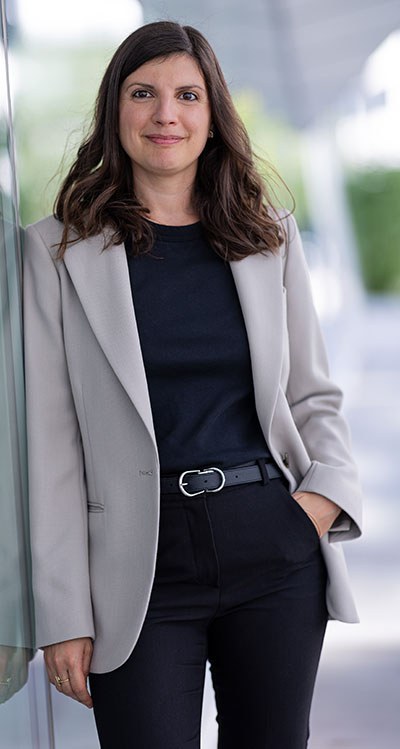
Teaching is Motivating
In 2023, Annelise seized the opportunity to move with her family to Montreal. Thanks to the support of two ÉTS professors, Martine Dubé and Ilyass Tabiai, the newcomer was able to teach composite materials, which helped her settle in quickly. She enjoys teaching. According to Professor Jean-Fulcrand, students don’t necessarily have to solve the problem, but they do have to be aware of its existence.
Chemistry Is Everywhere
“If we don’t know how molecules transport electricity, how can we choose the right materials for a given application?” she asks. The professor refers to the explosion at the port of Beirut in 2020, attributed to the improper storage of thousands of tons of ammonium nitrate. She also cites the effects of freezing and thawing on reinforced concrete, damage caused by corrosion to structural reinforcement, and the impact of road salt on the environment.
“Mastering chemistry gives us a better understanding of how our universe works. For ÉTS engineers, it’s an essential skill,” summarizes Annelise Jean-Fulcrand.

